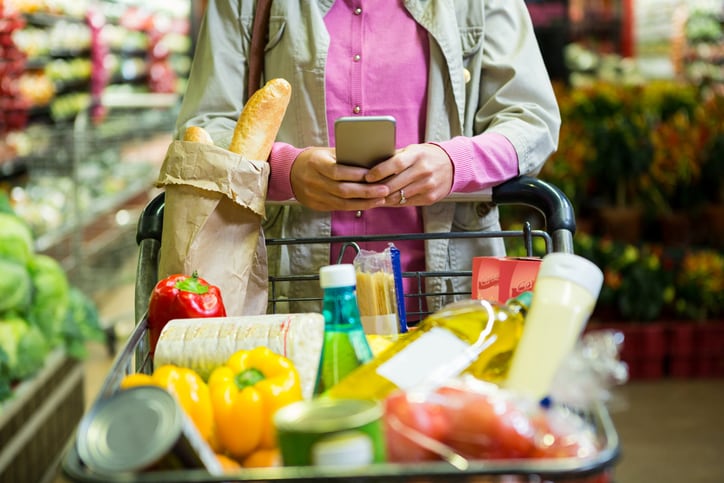High dietary salt intake is associated with high blood pressure and an increased risk of cardiovascular disease and chronic kidney. In high-income countries such as the UK, the majority of salt in the diet comes from processed foods rather than salt added at the table or in cooking.
A group of UK researchers from the University of Oxford wanted to see how much salt could be reduced in people’s diet by offering to swap consumer’s chosen products with two types of similar products – those with “minimally less” salt (between 5 and 20% less) to those with substantially less (reductions of more than 20%).
After giving nearly 950 participants (all of whom suffered from high blood pressure) access to a virtual online supermarket and gave them a shopping list with 12 food products to buy (regardless of cost concerns).
The shopping list was made up of foods that are big contributors to Britons’ salt intake, such as bacon and sausages; bread, cheese, pizza, soup, a ready meal, crisps or nuts, breakfast cereal and a packet of biscuits.
As part of the experiment, participants were divided into two groups. One group was only offered minimally less salty alternatives, and managed to reduce its salt intake by 4%, while the other group was offered both minimally and substantially less salty alternatives.
This second group reduced the salt content of the shopping basket by 13% compared to their original food choices: “significantly greater”, they say.
Eighty-four per cent of participants said that family food preferences were the strongest drivers of food choices, followed by price (74%) and health (44%).
Those who rated health as an important consideration when grocery shopping accepted 13% more swaps than those who did not rate it as a priority, the researchers noted.
“If this percentage reduction was carried through to individual level daily salt intake, it would result in a decrease of 1 g per day based on the average adult salt intake in the UK of 8.1 g,” the authors write.
“This would be sufficient for individuals with hypertension to make a meaningful step towards achieving the recommended salt intake of less than 6 g per day.”
“To put this reduction in context, average daily salt intake among adults in the UK decreased 1.4 g over a 10-year period from 2001 to 2011," they add.
According to the researchers, the results of the study could be used to develop digital tools and apps that allow consumers to easily swap high-salt foods for healthier ones.
The researchers note several limitations with the study, however, such as the fact that all participants had high blood pressure. This means they may have been more motivated than the general population to reduce salt intake.
Participants did not have to pay for their groceries, meaning the food choices may not accurately reflect their true purchasing behaviour.
Source: Appetite Journal
“Optimising swaps to reduce the salt content of food purchases in a virtual online supermarket: A randomised controlled trial”
Available online ahead of print, 29 November 2018
Authors: Sarah Payne Riches, Paul Aveyard, Carmen Piernas, Mike Rayner, Susan A. Jebb




